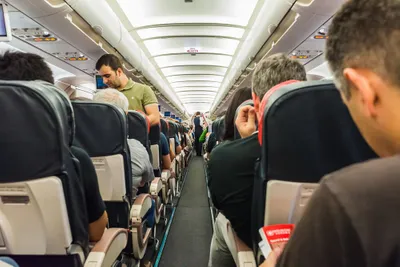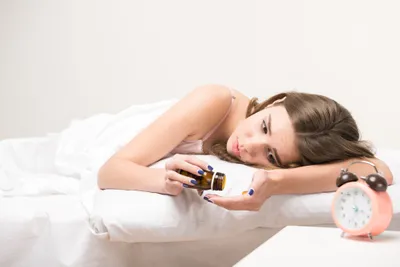Embarking on an international trip is an exciting time. The stress of planning is done and the plane has taken off; time to sit back and relax. But several hours later while getting settled at the destination is when the effects of jet lag can take hold, making it difficult to enjoy the first few days of vacation.
A temporary sleep disorder, jet lag occurs when a person crosses two or more time zones in a short period of time, disrupting the body’s circadian rhythm. And, according to WebMD, the “the more time zones you cross, the more likely you are to be sleepy and sluggish—and the longer and more intense the symptoms are likely to be.” Vacation goers and frequent fliers will be relived to know there are ways to avoid jet lag in order to make the most of a trip. Here are six tips for minimizing the symptoms of this disorder.
1. Adjust Sleep Schedule Prior to Trip
Since the time you’ll go to bed at your destination will be quite different than what your body is typically used to, it can be beneficial to slowly adapt to the new schedule while still at home.
The Mayo Clinic recommends “going to bed one hour earlier each night for a few days before your departure,” if you’re flying east, or one hour later if you’re heading west. Additionally, the source suggests moving meal times closer to when you’d be eating at your destination to help the body adjust.
2. Stay Hydrated
The air inside plane cabins typically contains just 10 to 20 percent humidity, which is quite a bit lower than the 30 to 65 percent range that most indoor spaces are kept at. As a result, it can be quite easy for the body to become dehydrated, contributing to the fatigue of jet lag.
EverydayHealth.com recommends drinking eight ounces of water for every hour in the air, and warns that alcohol and caffeinated beverages (such as coffee, tea and soft drinks) can actually promote dehydration instead of resolve it.
3. Keep Active
While on the plane, keep the body active by walking around and stretching periodically. MedicineNet.com suggests moving the legs up and down and side-to-side, bending the knees, and standing up and sitting down periodically. Remaining active, the source says, “revitalizes and refreshes your body, wards off stiffness, and promotes mental alertness which can ease the symptoms of jet lag.”
And when you arrive at your destination, spend some time walking around outdoors. The National Sleep Foundation says that daylight is “a powerful stimulant for regulating the biological clock.” But it’s best to avoid heavy physical activity close to bedtime, as it can make it harder to fall asleep when needed.
4. Take Melatonin Supplements
Melatonin is a hormone that helps the body regulate its sleep and awake cycles, otherwise known as the circadian rhythms. Since the disruption of these cycles is what leads to jet lag, taking melatonin supplements can help the body adjust to your new sleep schedule faster.
WebMD suggests taking 3 milligrams of melatonin a couple of hours prior to bedtime, allowing one or two hours for it to absorb into the bloodstream and then approximately 10 hours for sleep.
5. Regulate Light Exposure
Regulating light exposure may help the body adjust to your new destination, as it is one of the main influences on circadian rhythm. The Mayo Clinic says that “exposure to light in the evening helps you adjust to a later than usual time zone (traveling westward), while exposure to morning light can help you adapt to an earlier time zone faster (traveling eastward).”
If you’ve traveled across more than eight time zones, however, the source warns that your body may interpret early morning light as dusk, and vice versa. So, if you’ve traveled east they suggest wearing sunglasses to avoid morning light, but soaking up evening sun, and the opposite for those who’ve traveled west.
6. Take a Hot Bath Before Bed
A hot bath is not only beneficial for relaxing the muscles after a long day of travel, WebMD suggests that the drop in your body’s temperature after getting out of the bath may help to make you sleepy.
They also recommend using an eye mask and ear plugs to minimize sleep distractions, as well as keeping your hotel room’s blinds closed if it’s still light out when you’re trying to fall asleep.









